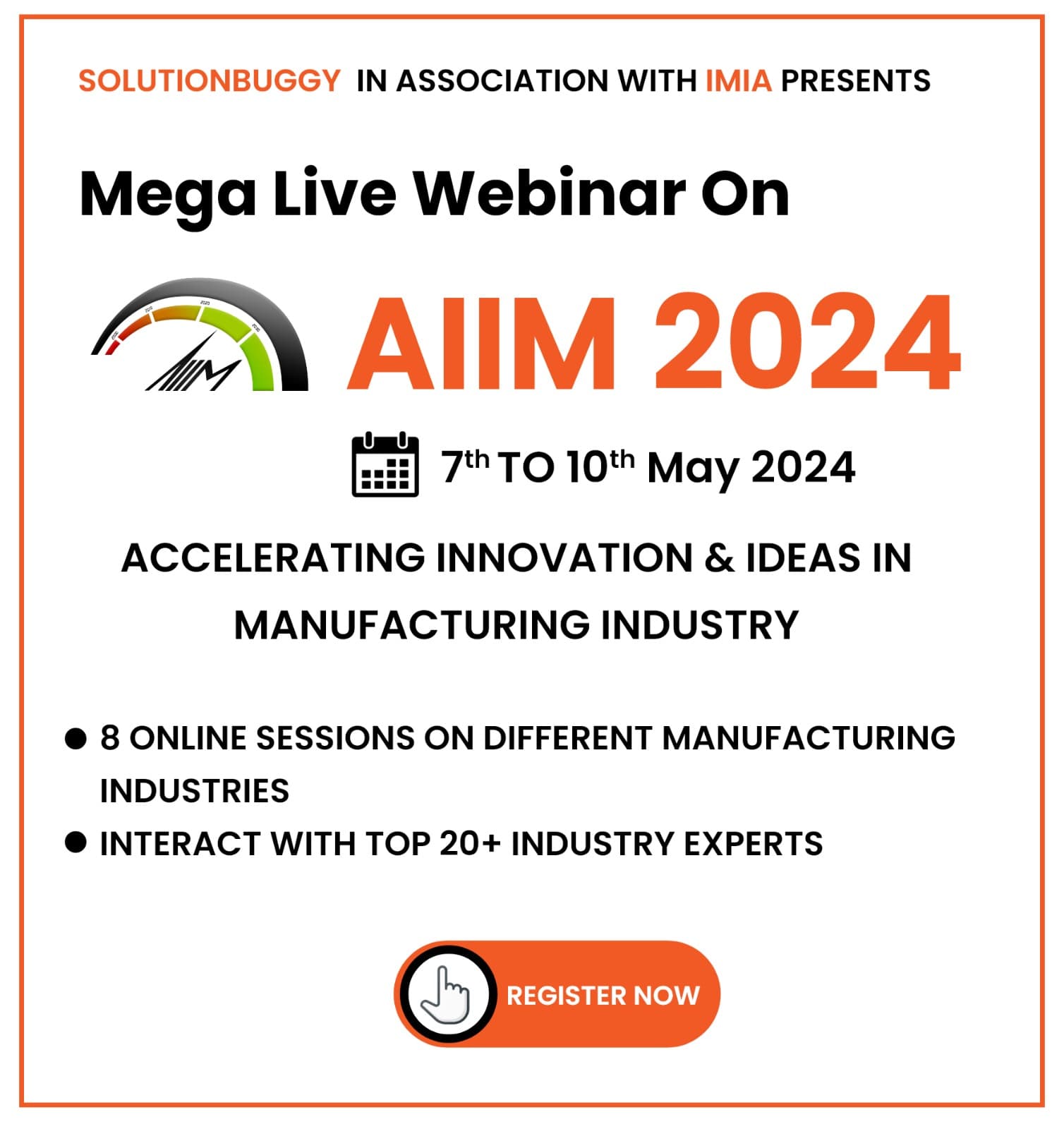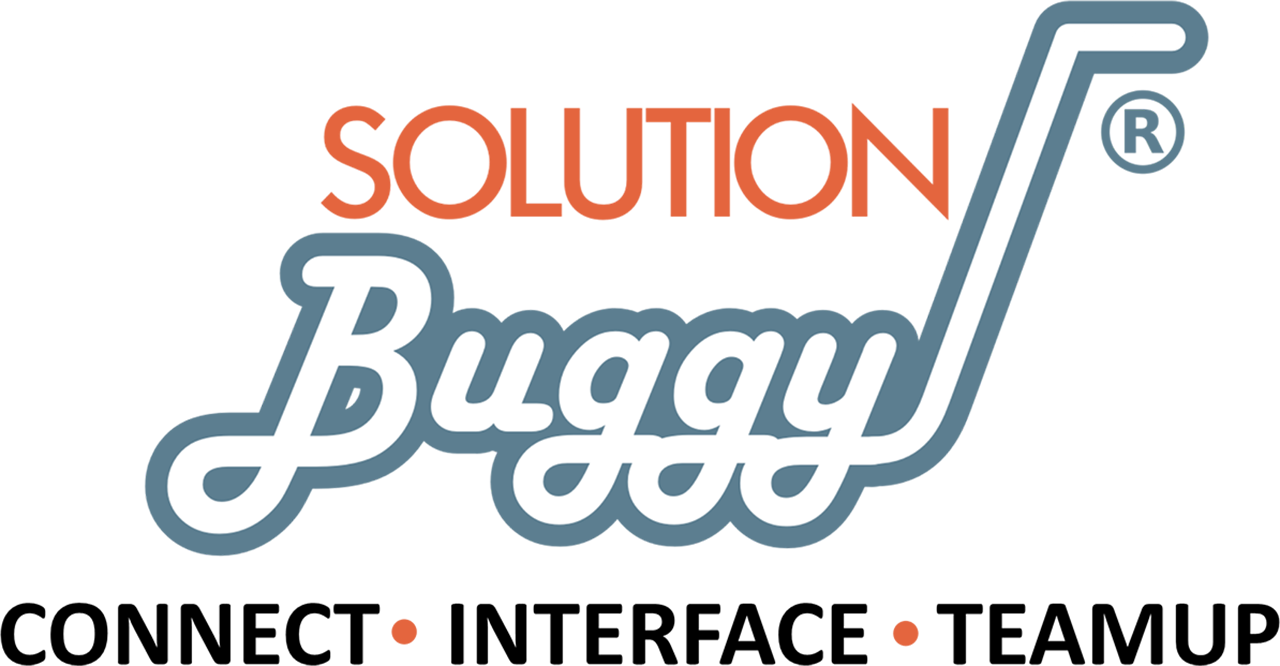The global demand for nutritious and convenient food and beverage options has propelled the fruit and vegetable processing industry forward. Within this sector, pulp and juice manufacturing plays a significant role, offering consumers a refreshing and healthy way to incorporate fruits into their diets. This comprehensive guide delves into the world of pulp and juice manufacturing, exploring the key aspects of setting up and running a profitable business.
The fruit pulp market in India is estimated to grow at a CAGR of 7.96% between 2022 and 2027. The size of the market is forecast to increase by USD 151.3 million. Its growth is influenced by several factors, including urbanization, changing consumer lifestyles, an increase in demand for processed fruits, and a strong distribution network.
In terms of value, the market for fruit pulp in the world is currently valued at USD$1.67 Bn and is expected to grow at a CAGR of 5.4% until 2032 when it is expected to reach US$2.93 Bn. East Asia and South Asia account for the largest share of the global market for fruit pulp.
Source: technavio.com, persistencemarketresearch.com





